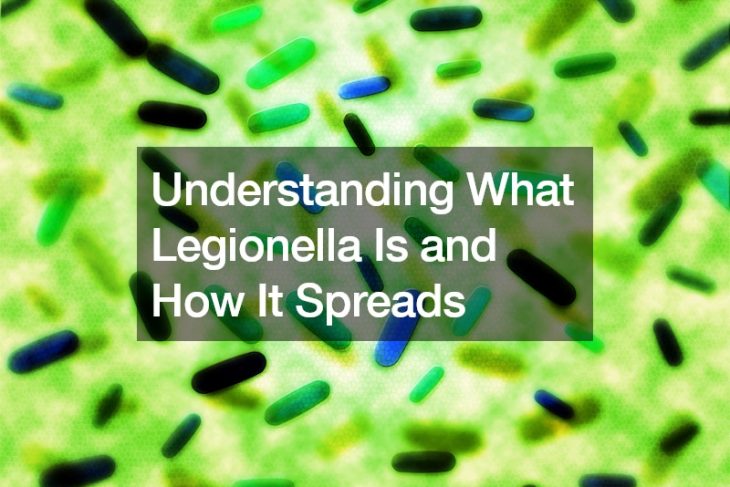
 A Chicago law prohibiting pet stores to sell puppies obtained from puppy mills has been upheld in a federal appeals court. The federal court found that the city’s policy goals, including reducing financial support to these large mill-style breeders, are legitimate governmental concerns.
A Chicago law prohibiting pet stores to sell puppies obtained from puppy mills has been upheld in a federal appeals court. The federal court found that the city’s policy goals, including reducing financial support to these large mill-style breeders, are legitimate governmental concerns.
This ruling was made at the same time California Governor Jerry Brown began looking at a bill that is trying to achieve this, for the first time, at the state level. The court dismissed claims from pet stores that the law went against the U.S. Constitution’s Commerce Clause.
A string of similar rulings by other federal courts went against the claims of Congressmen Steve King, R-Iowa, and Jim Sensenbrenner, R-Wis., whose bills attempt to get rid of state and local rulings that protect animals from cruel practices. The Congressmen have implied that the laws they’re trying to purge are unconstitutional.
These Congressmen have also consistently voted against efforts to strengthen rules and regulations against horse slaughter, aggressive confinement of farm animals, and other animal welfare standards.
Countering the allegation that these laws are unconstitutional, federal courts have found that these state and local laws are well within their rights to regulate the sale of animals and animal products, as well as the conditions in which said animals were raised.
In Illinois and Texas, federal courts upheld the right of states to prohibit horse slaughter and the sale of horsemeat for human consumption. It was ruled that these states did not act in conflict with federal meat inspection laws.
California’s law banning the sale of force-fed foie gras has been reinforced, stating that under the federal Poultry Products Inspection Act, force-feeding is not an “ingredient requirement”. Under this law, California has the right to regulate activity it deems cruel to animals, especially geese, ducks, and chickens, which Americans consume 90 pounds of every year.
Overall, approximately half of the 11 federal courts of appeals have ruled in at least one case by approving states’ rights to ban products of animal cruelty. These courts are sending a message to opposers, saying proposals to strip states of their animal cruelty prevention rights is a threat to the Constitutional system.













